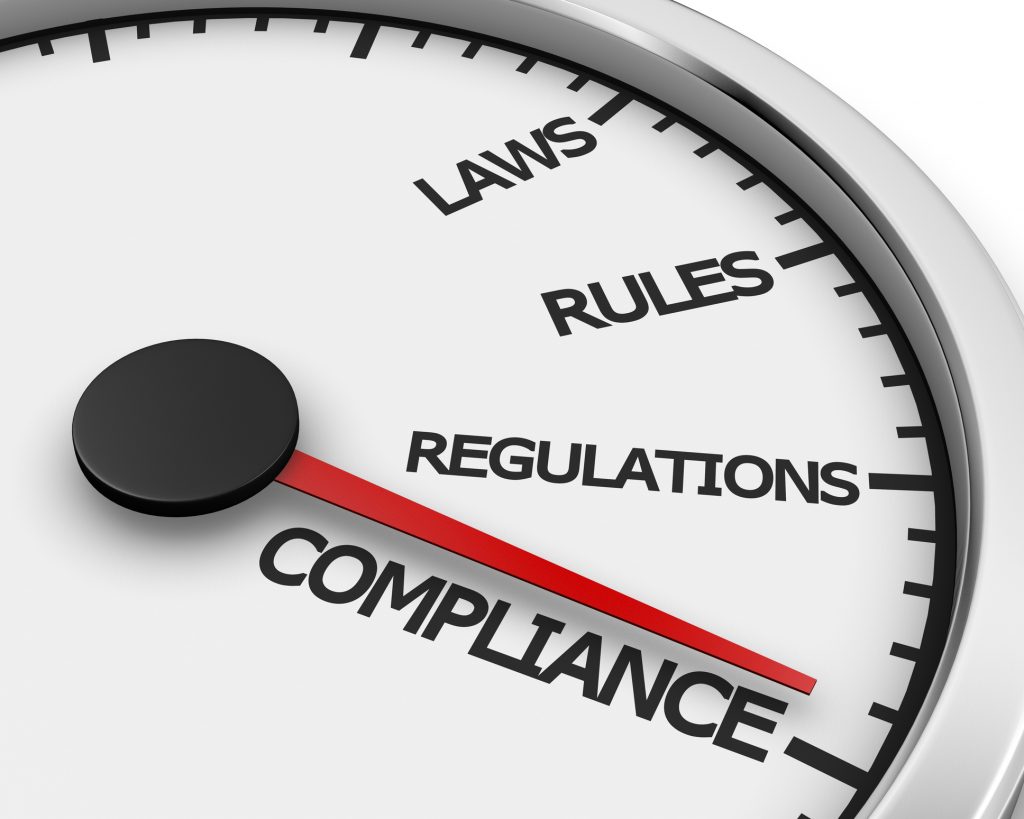Never before have Main Street entrepreneurs had to be more aware of changes
Even an international pandemic could not slow the law- and regulation-making wheel that is the California State Legislature and California government. Four new laws took effect on January 1. Also taking effect were another phase of an old law and a new Cal/OSHA rule. The following are what small-business owners need to be most familiar with.
Minimum Wage Rate
California’s minimum wage increased on January 1, 2021, to $14 per hour for employers with 26 or more employees and $13 an hour for employers with 25 or fewer employees.
The increase is not the result of a legislative bill passed last year but one (Senate Bill 3) that passed in 2016 with the aim of raising the state’s minimum wage rate in stages up to $15 an hour on Jan. 1, 2022, for firms with more than 26 employees, and to $15 an hour on January 1, 2023, for firms with 25 or fewer employees. A handy chart and more information about the rate increase can be read here.
Family Leave
The biggest jolt small-business owners face this year is a huge change in the state’s Family Leave Law. Prior, only companies with 50 or more workers were required to provide 12 weeks of unpaid leave to care for sick family members—but now, companies with just five or more employees must provide leave, because of Senate Bill 1383.
It would allow an employee to take up to 12 workweeks of unpaid, job-protected leave during a 12-month period for specified family care and medical leave reasons; guarantee reinstatement to the same or comparable position, as specified; and continue group health coverage during the duration of the leave.
Furthermore, SB 1383 expanded the definition of family member to include grandparents, grandchildren, siblings, and in-laws. NFIB vigorously opposed the bill because 73% of small-business owners already offer paid time off and for any reason and in the best way possible: Tailored to the individual needs of the employee, not through an ill-fitting state mandate. How small-business owners are expected to cope with this new requirement in an economic recession remains to be seen.
COVID-19 Safety
Small-business owners are now required to take six actions within 24 hours of knowing, “or reasonably should have known,” an employee was exposed to COVID-19. The law springs from the passage of Assembly Bill 685. In lobbying against the measure, NFIB reminded lawmakers that many businesses and their owners are themselves casualties of this economic shutdown. The solution is not to saddle them with a new and unworkable mandate that will slow their recovery and re-opening and subject them to extensive new civil and PAGA liability at the worst possible moment.
Cal/OSHA COVID-19 Requirements
Cal/OSHA issued new requirements for business owners on November 30. The agency now mandates a written COVID-19 prevention plan, communication with employees, identifying COVID-19 hazards, physical distancing, face coverings, and other controls, training, and other rules addressing COVID-19 cases in the workplace.
NFIB has provided a quick scan of the new rule, and it has also filed a lawsuit against it, accusing Cal/OSHA of violating the state’s Administrative Procedure Act by not giving prior public notice and not holding public hearings on its new rule. Additionally, by attempting to regulate wages, the new rule exceeds the limits placed on Cal/OSHA by the California Occupational Safety and Health Act. NFIB is joined in the lawsuit by the National Retail Federation.
Workers’ Compensation Rebuttable Presumption
Assembly Bill 196 would have created a “conclusive presumption” that certain essential workers who became ill with the coronavirus were exposed to it at work, but NFIB and other business groups succeeded in persuading lawmakers of the difficulty of proving such a claim. Seeing an appetite among a lot of legislators to do something about this issue, nevertheless, the business community coalesced around Senate Bill 1159, which creates a “rebuttable presumption,” giving employers the opportunity to show that the exposure was not work-related.
Independent Contractors
Thanks to Assembly Bill 2257, a group of occupations that lost their independent contractor status because of the mess created by Assembly 5 now have that independent contractor status back again. Paragraphs 3, 4, and 5 of the legislative counsel’s digest list the occupations free again.
NFIB has steadfastly lobbied to have Assembly Bill 5 removed from statute and to have the determination as to who is an employee and who is an independent contractor returned to the Borello decision, not the Dynamex decision.

